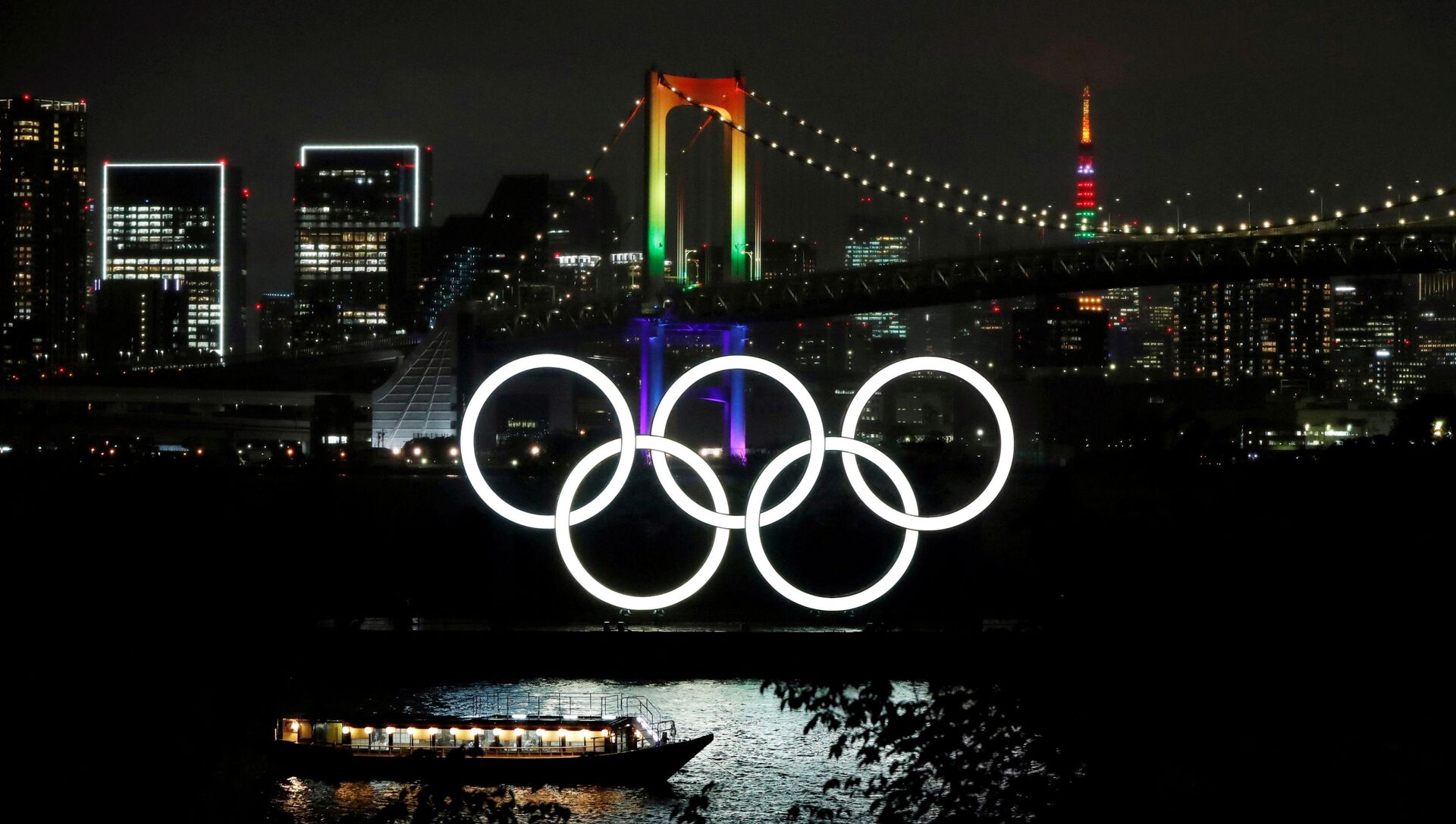The International Olympic Committee’s (IOC) continued rigidity to force the Olympics on the citizens of Tokyo does not seem to be going too well with the people of Japan.
Last week, the IOC said only an 'Armageddon' (disaster) could stop the games. The statement came even as the host nation Japan is battling a fourth wave of the Coronavirus. But the big question is why the IOC is adamant at hosting the Olympics in Tokyo?
Leading IOC member Dick Pound underlined the organisation's commitment to stage the games in a press briefing last week, declaring that the Olympics would be held as planned.
The statement came as a rising chorus for the games to be cancelled continues to swell in Japan and around the world.
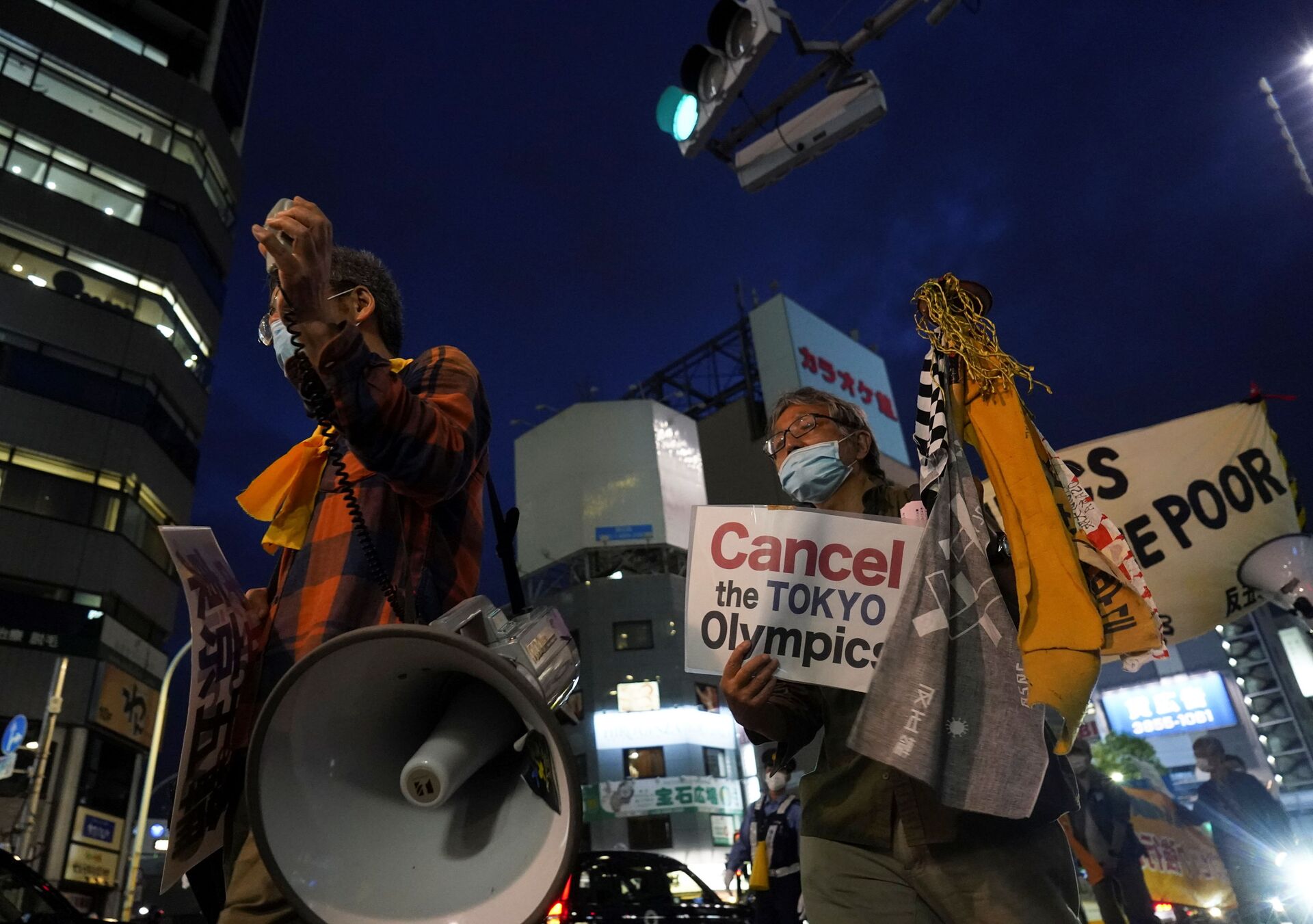
Japan is one of the worst-hit countries in South East Asia, reporting 3,036 new COVID-19 cases and 113 deaths on 2 June. The total number of infections has reached 753,000 and the death toll is 13,220 in the country.
The nation has been under a state of emergency since last month, after Prime Minister Yoshihide Suga was forced to announce fresh restrictions due to the surge in coronavirus cases. The curbs are in place in the Olympic host city of Tokyo, and other metropolises, including Osaka, Kyoto, Hokkaido and Hiroshima.
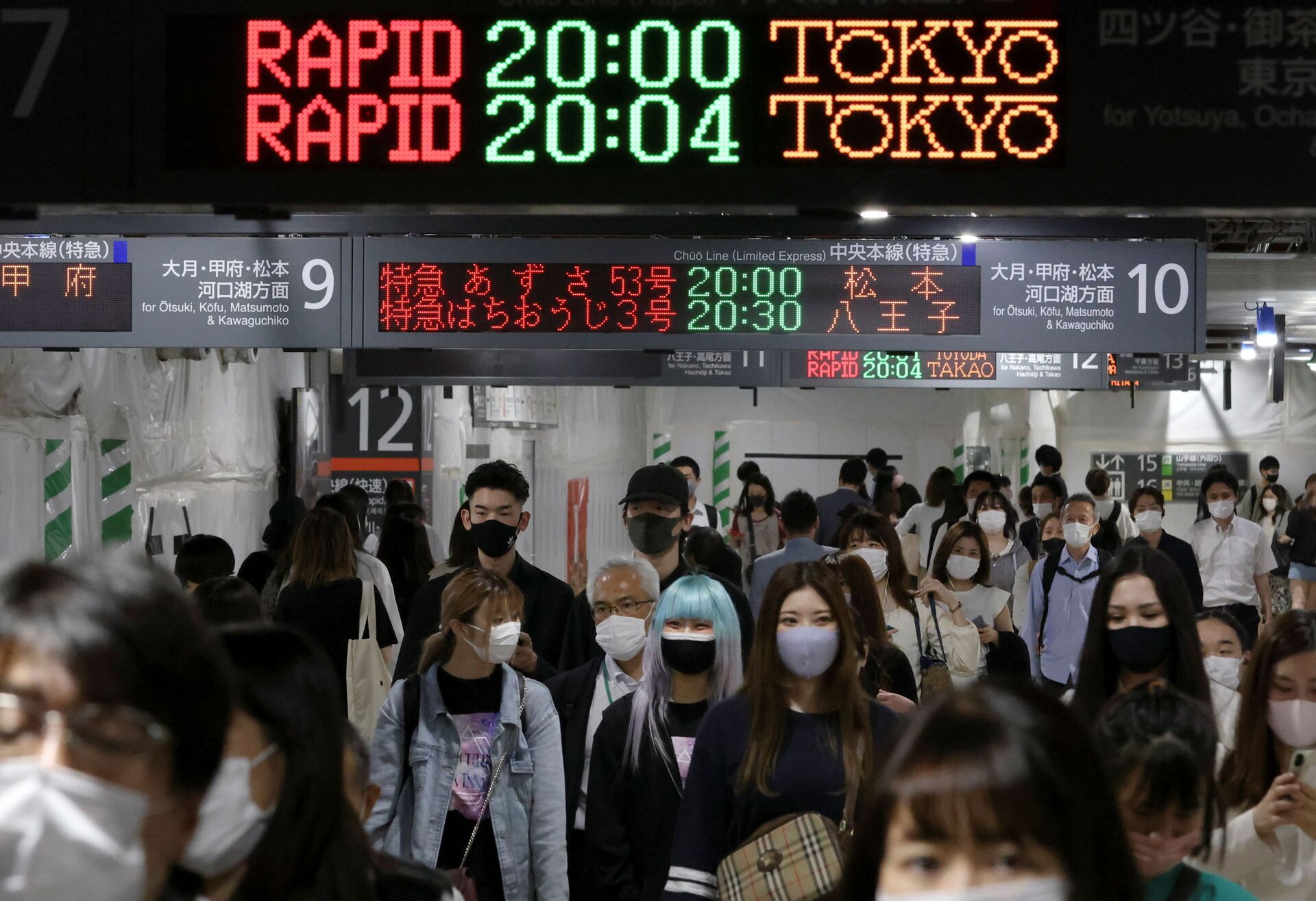
Amid growing concerns over holding the Olympics during a global pandemic, the resistance towards holding the games has found an unexpected ally.
Business tycoon and SoftBank CEO Masayoshi Son has slammed the Japanese government for its decision to host the games.
He said, "More than 80% of people want the Olympics to be postponed or cancelled. Who and on what authority is it being forced through?"
The IOC's decision to host the games in Tokyo is considered by many to be a clear health risk, considering that Japan has fully vaccinated only 2.9 percent of its 126 million population.
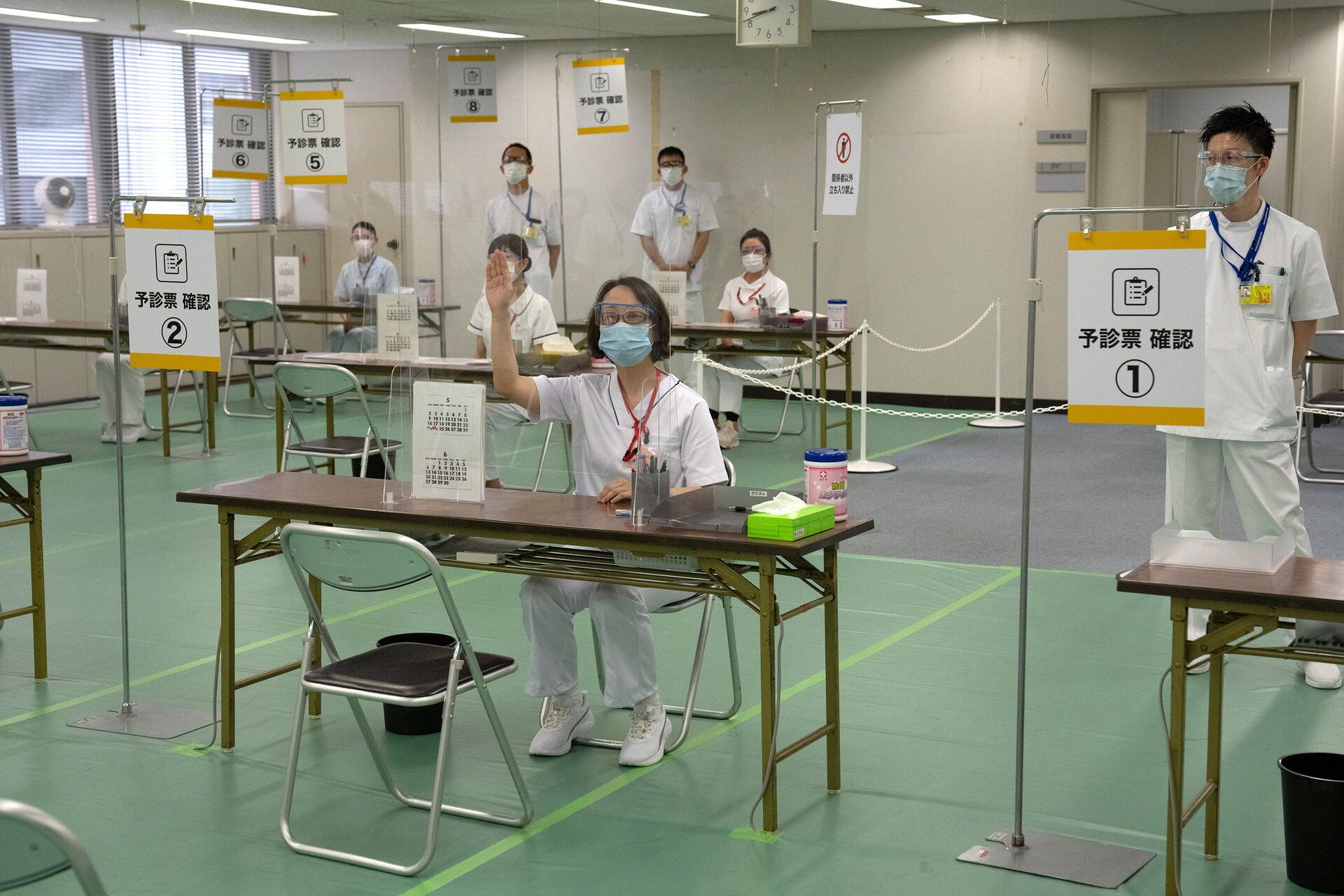
What's behind the IOC decision to host the Olympics amid pushing public health concerns to one side?
According to experts, the IOC decision to host the Olympics is influenced by huge costs involved in hosting the games, alongside the revenue it is set to earn from the broadcast rights.
Talking to Sputnik, Indian Olympic Association Secretary General Rajeev Mehta agreed that the IOC has no choice but to attempt to host the games, considering what a cancellation would do to its budgetary bottom line.
He explained that the IOC earns a large part of its income from the Olympics, even the national sports federations of member countries receive grants from the IOC to develop sports infrastructure in their respective countries.
“And almost all the money comes from the Olympics,” he said.
“This is the reason it is so tough for the IOC to cancel the games despite the current situation in Japan," he added.
Mehta also advised the Japanese government to focus on vaccination because, according to him, that is the only solution.
"The games will be played sans spectators, minimising the risk of infections. As the athletes and the officials will stay in bio-bubbles, their security will never be compromised".
"Hosting the games is important because the Olympics have never been cancelled like this in the past," Mehta added.
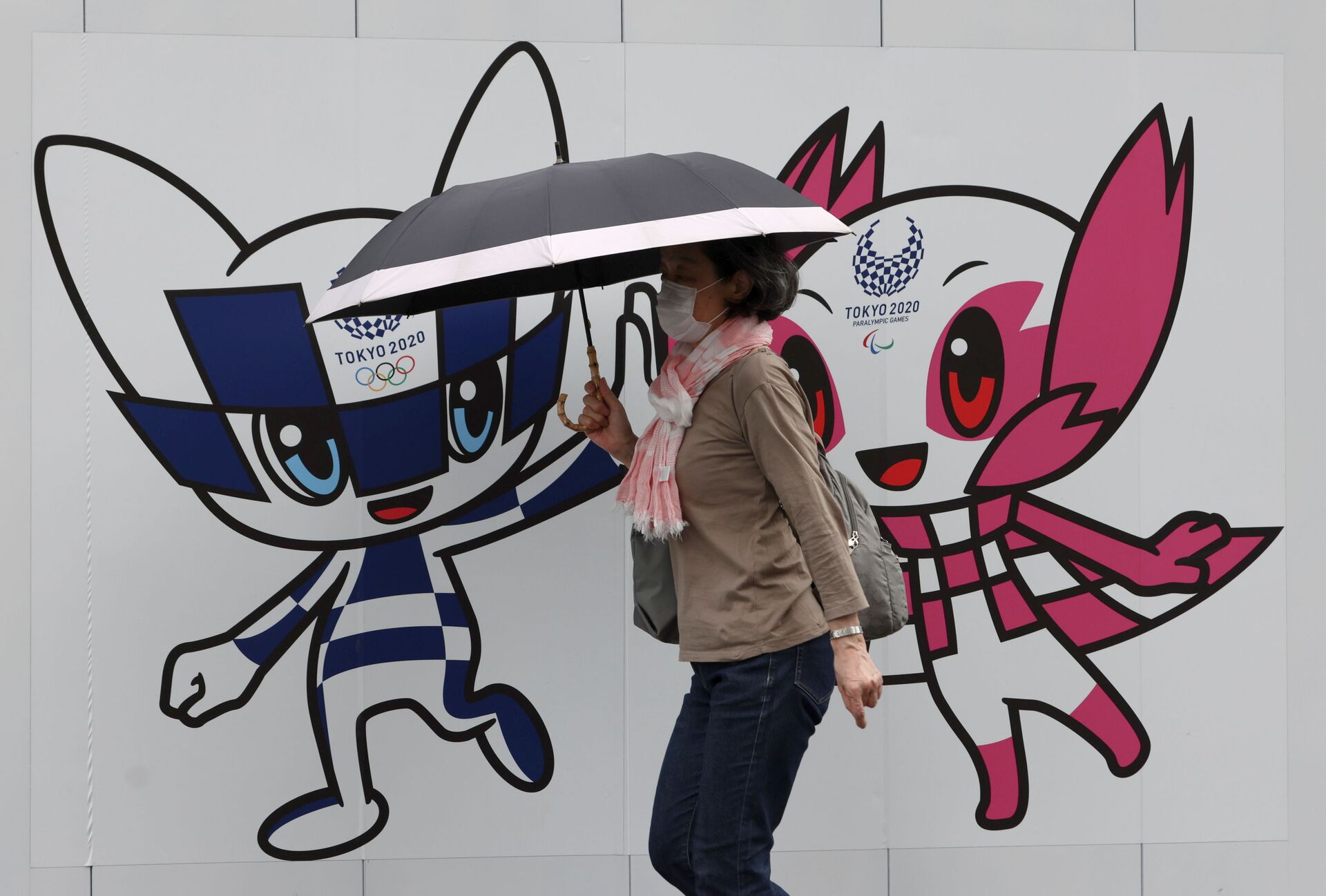
There's no doubt that cancelling the Olympics is not an easy decision to make particularly as hosting the Olympics costs billions of dollars. A host nation develops the necessary infrastructure to conduct the games.
Multiple new stadiums, a Games Village and a Media Centre are built and the host city also gets a makeover with a fresh coat of paint and the construction of new roads and railways.
The official cost of the Tokyo Olympics was said to be $12.6 billion, but swelled to $25 billion after the Japanese government started building new stadiums and other infrastructure.
Official costs further ballooned by $2.8 billion after the games were postponed for a year in 2020.
Except $5.6 billion, which includes revenue from on-site advertisements, sponsors and in-stadia rights and a $1.3 billion contribution from the IOC, all of this is taxpayer money.
Over the years, hosting the Olympics has become an expensive affair.
A recent study has found that every Olympics hosted since 1960 has exceeded its budget by a staggering average of 172%. When Tokyo in 2013 won the rights to hold the 2020 Olympics, its bid document said that the games would cost around $7.3 billion, but that estimate has now surged to nearly $28 billion.
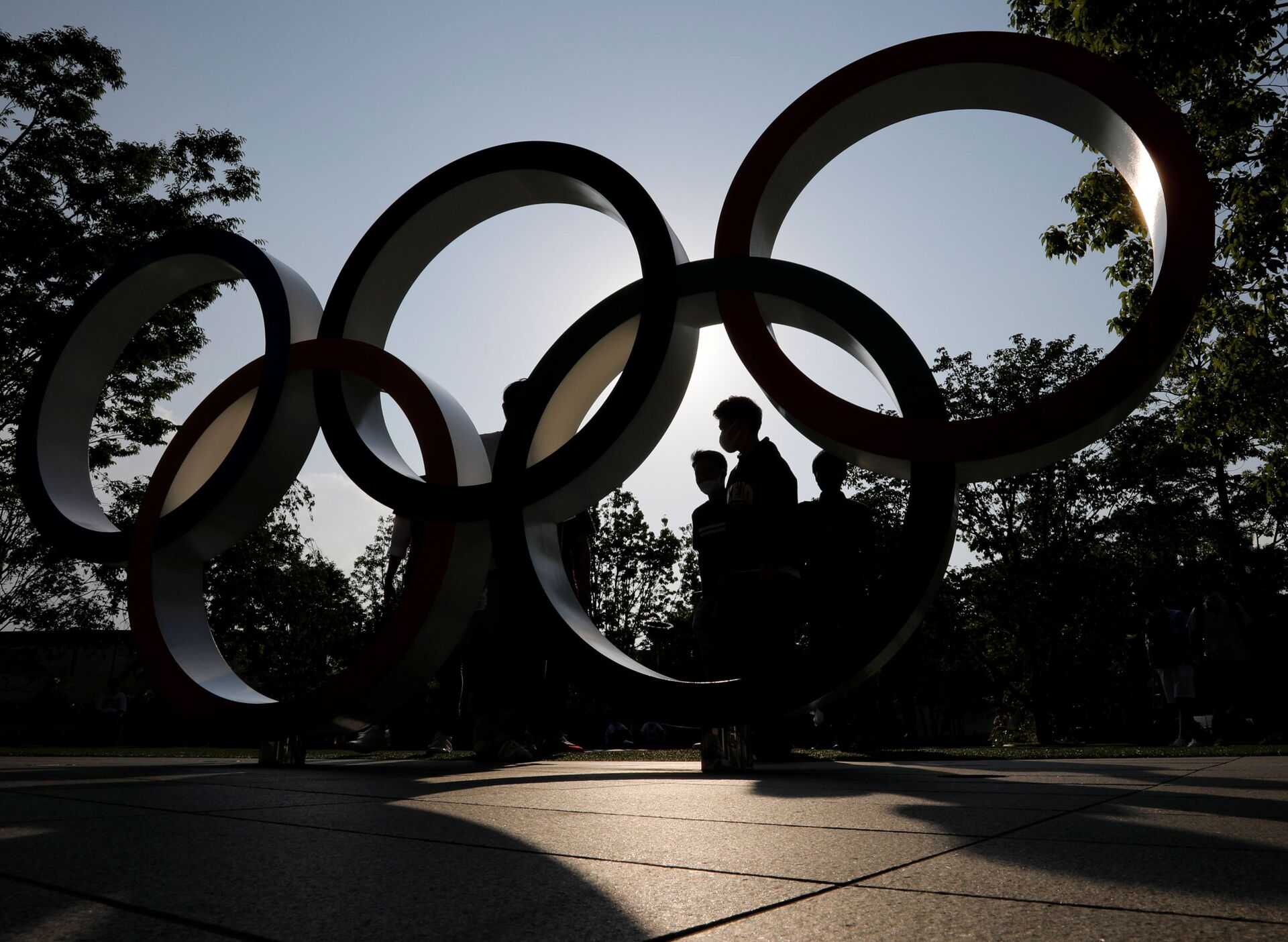
This trend of Olympic host countries exceeding their budgets is largely driven by the tight deadlines host cities must adhere to.
The IOC is not responsible if costs exceed budget and the rise in expenses is generally borne by the government and the Olympic Association of the host nation.
Though the IOC doesn’t bother about rising costs of the Olympics, it earns almost all of its revenue from this mega event, held once every four years.
The IOC earned a whopping $5.7 billion during the previous Olympic cycle, which lasted from 2013-16. 73% of that income came from television rights while it generated 18% of its income from selling sponsorships.
The IOC claims that 90% of its total revenue is distributed among member countries as it seeks to globally promote the Olympics.
But the IOC, which is listed in Switzerland as a not-for-profit organisation, may go bankrupt if it doesn't earn revenue from licensing media rights.
The current IOC president, Thomas Bach, is listed as a volunteer in the organisation although he receives an annual pay package of $225,000. His Swiss taxes, which cost $126,000 annually, are also covered by the IOC.
For such an organisation, which depends almost entirely on one event for its revenue, hosting the games is not a choice but, like the lives of the attendees and staffers participating in this year's pandemic sporting event, a matter of life and death.
